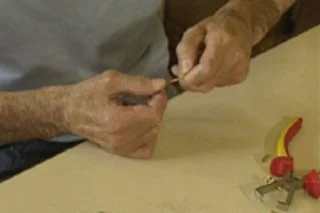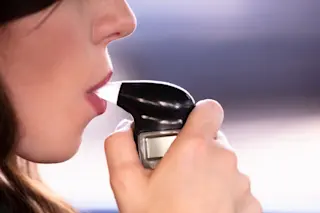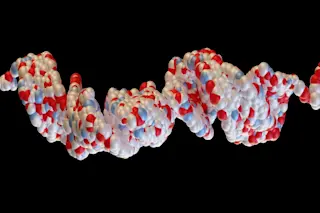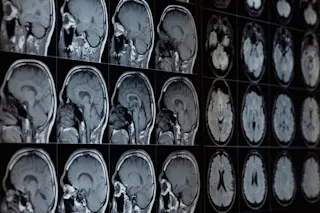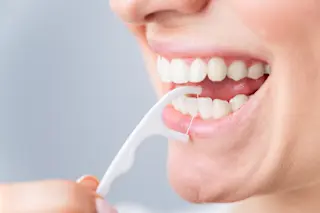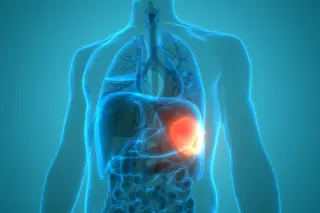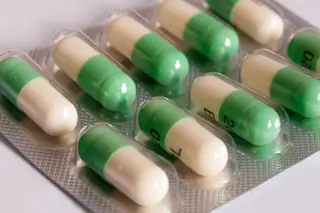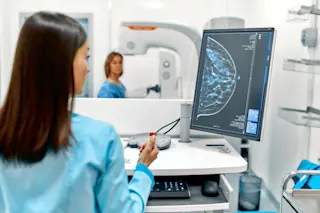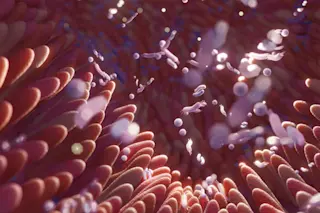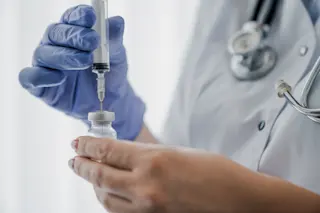The flexible, adaptable human brain rewires itself to accommodate a double hand transplant, even in patients who waited years for their new hands, according to a new study. But in a perplexing result, researchers found that the two right-handed patients that they studied both formed quicker connections between their brains and their new left hands. The researchers studied the motor cortex, which devotes different areas to different body parts.
When the brain is deprived of sensory input from a limb, such as after a hand amputation, that region goes unused. To stop prime real estate going to waste, the brain rewires itself, with areas representing the face and upper arm "creeping in" to take over the region formerly dominated by the hand. To find out if a transplanted hand can reclaim these brain regions, [researchers] used magnetic pulses to stimulate these areas in two people who had undergone double hand ...


